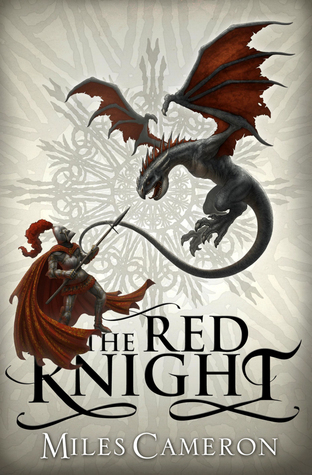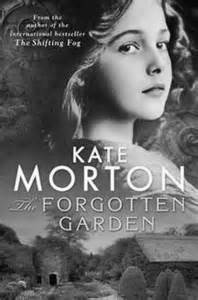 After brutal attacks in outlying villages, an Abbess hires a mercenary company, led by the enigmatic Red Knight, to protect the abbey and the people under its protection. What seems, at first, to be a simple hunt for a single creature rapidly escalates into a conflict between powerful armies in a battle for the future of the entire kingdom.
After brutal attacks in outlying villages, an Abbess hires a mercenary company, led by the enigmatic Red Knight, to protect the abbey and the people under its protection. What seems, at first, to be a simple hunt for a single creature rapidly escalates into a conflict between powerful armies in a battle for the future of the entire kingdom.
The book is set in a form of Medieval Europe – there are warlike Scottish analogues and arrogant French ones, and so on. What’s different is that this is a world in which humanity is not dominant. Instead, the human kingdoms are locked in a ceaseless battle with the Wild – intelligent creatures with their own rules and societies, creatures who are opposed to human encroachment into their ancestral territory.
There’s a lot going on in the novel. Everyone has secrets which are slowly revealed as the book progresses, and most of them keep some secrets beyond the ending. There are wheels within wheels within wheels. In addition, there’s a large cast of characters to get to grips with, and the recent history of the world is closely related to its current events, so that too has to be understood. All of that means that it’s a hard book to get a handle on, and it takes a while for everything to make sense.
Mostly, it’s military fantasy – the author strikes a realistic tone, and you get a sense of the war as a complex thing, where strength and skill are no more important than proper planning and provisioning. If medieval humans were actually constantly threatened by wyverns and trolls, this is what it would be like. The book is gritty and often brutal, with no easy deus ex machinas or standard fantasy handwaving.
The Red Knight feels like a low-magic setting, but isn’t. Magic is strange and mistrusted by the common people, but powerful when it is deployed. Creatures of the Wild are capable of incredible feats, shapeshifting and calling fire from the sky. Specially-trained humans can also access this power, giving a second layer of combat above the physical. It could be jarring, but actually the magic is rather well-integrated. Because it’s difficult to access for humans, it fits into the otherwise realistic warfare.
Towards the end of the book, that realism does falter a little. The book moves from military fantasy to epic fantasy, and is weaker for it. However, this takes place after the meat of the book is already over, and does make sense within context. I’m hopeful that the sequels focus more on the military campaigns and less on the mysticism.
The prose is unusual – Cameron plays with sentence structure in ways that aren’t at all fashionable. At first, I found it slightly alarming. In all though, it’s refreshing; I don’t normally expect to find anything experimental in fantasy books. It’s good to see someone experimenting with the form, and the experiments are mostly successful.
The Red Knight is an interesting book. It’s definitely a departure from the mainstream of fantasy, one that focuses on practicalities more than spectacle. At the same time, it’s complex and large in scope. If you want an easy read, this isn’t the book for you. If you’re interested in something that pushes the envelope and tries to do new things, this is a good pick.
Buy it here.
Advertisements Share this:
- More





